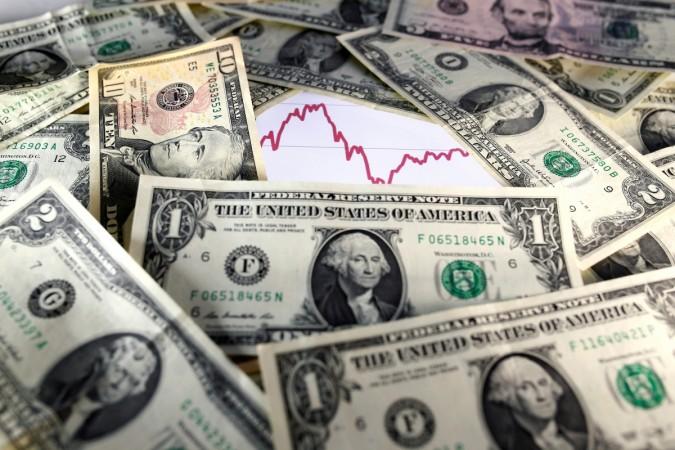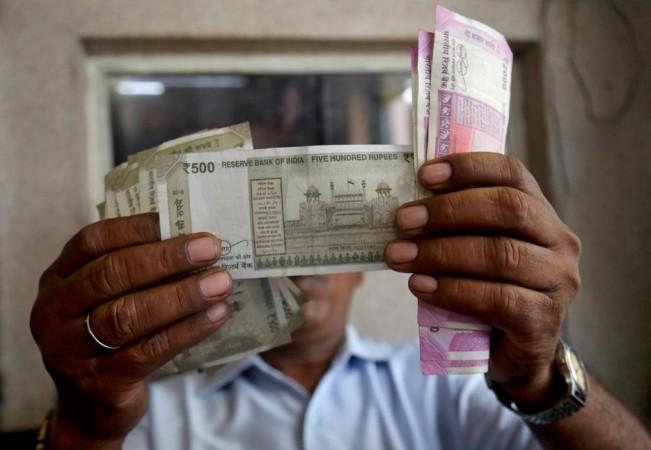The slide of Rupee continued as the Indian currency slipped to a record a low of 76.92 against the US dollar. Rupee eventually corrected itself to close at 76.67 at the end of trading today. During the intra-day trade, Rupee was hovering in the range of 76.62 to 76.92 against the US dollar. The day witnessed a volatile start in the equity market which helped the US dollar shedding against other currencies, triggering a jump in Rupee from lows.
Selling pressure hurting Rupee
As per a report in financial daily, Mint the Indian currency is expected to further slide to a level of 80 per US dollar by the end of June. But the pace of the slide of Indian rupee is expected to be slower than emerging market currencies thanks to the sharp fall in global oil prices.

Notably, the rupee has outperformed other emerging market currencies amidst stocks crashing in the emerging economies. But the pressure on the currency will continue to erode its value against US dollar. Further, the recent trends in currency are also indicating tough days ahead for rupee ahead. The US dollar jumped to a two-week high against various currencies including the rupee.
This was due to investors pulling out their money from riskier assets for the world's most liquid currency. Abhishek Goenka, Founder, and CEO, IFA Global, "Selloff in equities is a major threat for rupee going forward. FPIs own $378 billion (Rs.2,900,000 crore) of Indian equities."

Rupee to touch 80 per dollar by end June
The rupee has already witnessed around a fall of around 7 percent since the start of the year amidst foreign investors withdrawing a more than Rs. 1 lakh from Indian capital markets in March. But the silver lining is that the selling has slowed down a bit in April. Bloomberg Economics has argued that rupee may further drop another 4.7% to 80.6 per dollar by June end amid capital outflows. Abhishek Gupta, India economist at Bloomberg said, "Given the uncertainty surrounding the potential duration of the outbreak and the lockdown, we believe the RBI is unlikely to attempt a hard intervention that would risk quick depletion of its reserves."

















